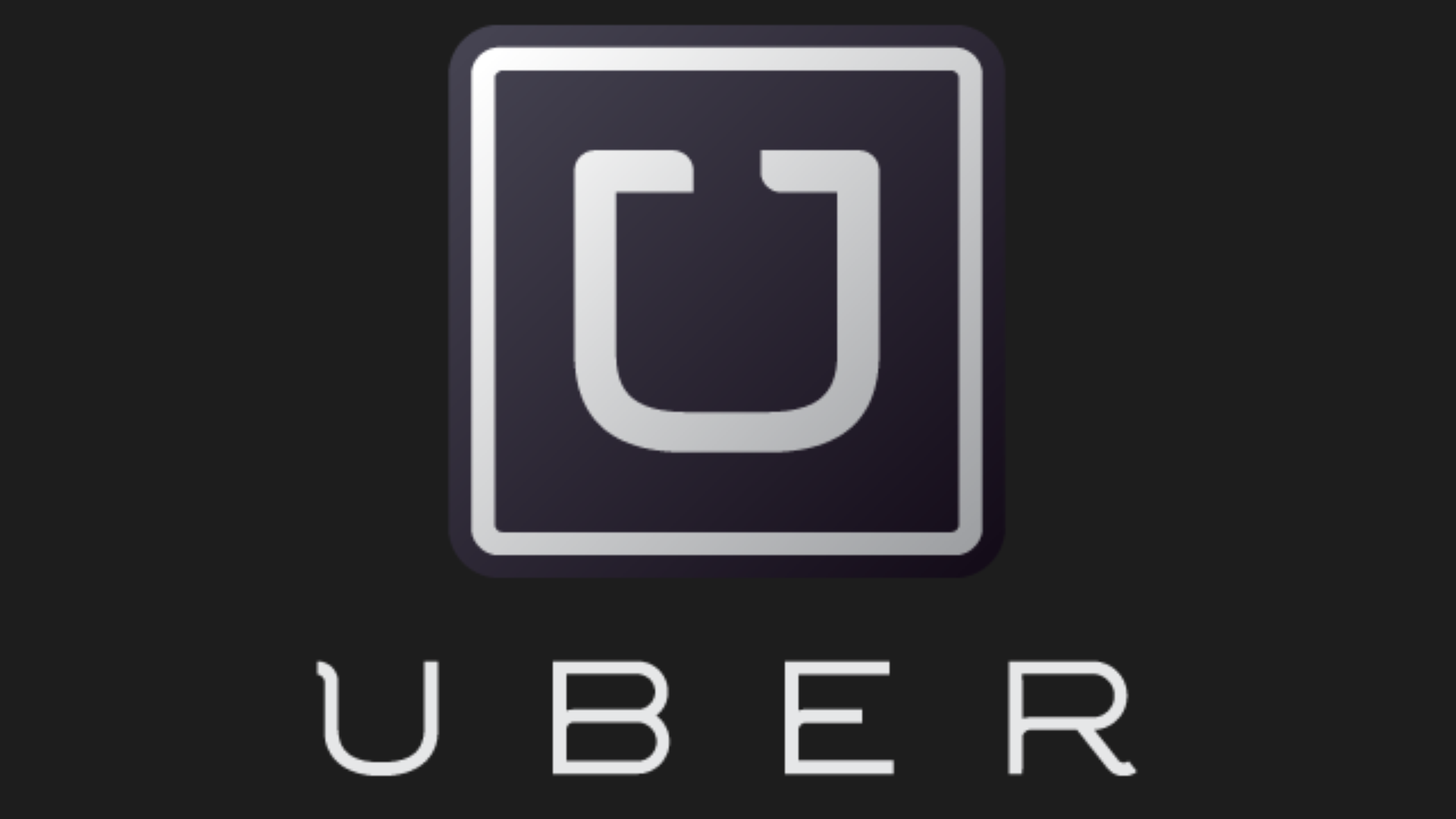Judge: Uber Must Face Lawsuit Claiming Discrimination Against Blind Passengers With Service Dogs
 Months after the National Federation of the Blind claimed in a federal civil rights lawsuit that some of Uber’s drivers have discriminated against blind passengers by refusing to pick them up when they had guide dogs — and in one case, allegedly putting a service dog in a car’s trunk — a judge has ruled that the ride-hailing company must defend itself against the suit.
Months after the National Federation of the Blind claimed in a federal civil rights lawsuit that some of Uber’s drivers have discriminated against blind passengers by refusing to pick them up when they had guide dogs — and in one case, allegedly putting a service dog in a car’s trunk — a judge has ruled that the ride-hailing company must defend itself against the suit.
Uber had sought to dismiss the lawsuit [PDF], which accused drivers of refusing to transport service dogs in as many as 40 alleged incidents cited by the advocacy group, but a federal judge said in a decision last night that the plaintiffs could pursue the claim that Uber is a travel service subject to potential liability under the Americans with Disabilities Act.
Uber had argued that the plaintiffs didn’t have standing to sue under the ADA or state law claims and that it isn’t a public accommodation under the ADA. As such, Uber said the plaintiffs should be held to arbitration to settle their concerns.
The judge rejected those arguments [PDF], giving the company 14 days to formally respond to the complaint.
The group claimed that sometimes in extreme weather, drivers would arrive to pick up a customer and then, realizing that person was blind and standing with a service dog, would often abandon this riders. Drivers would sometimes charge cancellation fees after, the complaint alleged.
Another passenger claimed that her UberX driver in California put her guide dog in the trunk of the car, and refused to pull over when she realized what was going on.
“Our members should not have to tolerate repeated denials of rides or endure outright rudeness by drivers who should know their legal obligations,” said Mary Willows, President of the National Federation of the Blind of California, in a press release after the judge denied Uber’s motion to dismiss.
Uber said in a statement to Reuters that the claims it failed to accommodate blind poeople with service animals had no merit, and that drivers are told that company policy is to comply with all laws regarding transportation of service animals.
“The Uber app is built to expand access to transportation options for all, including users with visual impairments and other disabilities,” the company said, adding that it’s “on the cutting edge of expanding accessibility” for the disabled.
Want more consumer news? Visit our parent organization, Consumer Reports, for the latest on scams, recalls, and other consumer issues.

